It might seem counterintuitive, but when your body is losing fluids, your kidneys can tend to feel pressure and an urge to go. Plus, if you’re rapidly trying to replace fluids because you’re dehydrated, you’re naturally going to need to pee more often, according to Cleveland Clinic. And if you add alcohol to the mix, you’re likely to have to go even more, as it’s a diuretic.
9 Reasons Why You Might Be Peeing So Much
When extra bathroom trips mean nothing, and when to get checked out.
by Isadora Baum and Emilia Benton Published: Dec 1, 2022
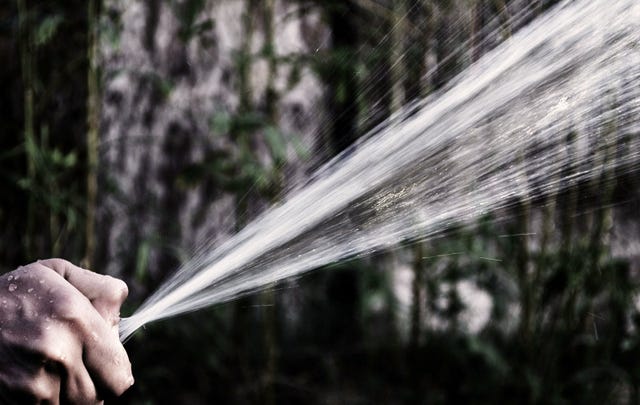
Everyone knows staying well-hydrated is one of the easiest health habits to maintain. But if you’re guzzling liter after liter of water during the day, you’re also bound to take frequent trips to the bathroom. To some degree, this is good for you, because urinating literally flushes out your waste. Sometimes, you have to hold it in, but it’s not recommended. This can lead to a urinary tract infection, according to experts at Keck Medicine of USC (yes, guys can get them, too).
But you may be wondering just how much is too much peeing? And if all the peeing is becoming annoying, what can you do about it?
If you’re outside your normal realm for trips to the bathroom, try to figure out what changed in your lifestyle that could be giving you the urge to go so often. If you swear nothing has changed other than that you’re peeing so much all the time, it’s good to see your doctor for an exam.
If you’re hitting the bathroom every hour or so, your bladder might be trying to tell you something. Jamin Brahmbhatt, M.D., a urologist with Orlando Health, says if you’re otherwise healthy, peeing more frequently than eight times a day and more than once at night could be viewed as abnormal.
It does vary though—if you’re drinking a lot of water or other liquids, it’s not irregular to urinate up to 10 times per day, adds Sunitha Posina, M.D., an NYC-area internist. And certain medications like diuretics for high blood pressure may cause people to “go” more, too.
Yet, for the most part six to eight times is the sweet spot and in the normal range. It’s also normal to be able to hold in your urine for a reasonable amount of time—no urge to urinate coming on suddenly—unless you have just consumed a large amount of fluid, says Dr. Posina.
If you’re needing to pee far more often than usual and your lifestyle or liquids consumption hasn’t change, consider these nine potential causes of the frequent urination.
You might have an overactive bladder.
If you constantly need to pee, and really can’t hold it in, know this—you’re not alone. In fact, overactive bladder (OAB) affects about 30 percent of men in the United States, says Kerem Bortecen MD, PhD of of NYC Surgical Associates. “While men at a younger age (18-29) can be affected, the prevalence sharply increases four fold among men older than age 60,” he explains. Men with prostate problems or neurologic diseases, such as stroke and multiple sclerosis are more prone to this condition as well, he says.
So what’s going on, exactly? When you suffer from OAB, you lack the ability to hold urine in. “You may experience ‘urge incontinence’ which is an uncontrollable loss or spillage of urine, too,” Dr. Posina adds. OAB might leave you tossing and turning, with frequent trips to the bathroom throughout the night.
“People with OAB tend to wake up frequently at night to go the bathroom, and this frequent contraction of bladder muscles causes a sudden, strong need to urinate even when the bladder is not completely full,” says Dr. Bortecen.
Related Story
You might have a urinary tract infection (UTI).
While UTIs are most often thought of as a female-oriented condition, men aren’t home free. Beyond the trouble of the UTI itself, the infection can lead to symptoms of an overactive bladder, says Dr. Brahmbatt.
Most men get bladder infections because they are not peeing as often as they should, but they can also arise from constipation, recent surgeries in the urinary tract, kidney stones, or having unprotected anal sex, he says. (Men with shorter urethras are more susceptible to this condition.)
“Because the anus has tons of bacteria, the main one being E.coli, if you are having unprotected sex, then these bugs can track up into the urethra and cause infections,” he says. “The infection irritates the bladder and basically angers the bladder wall, which makes you go more often.”
Unlike OAB, the symptoms of a UTI will be sudden and short-lived once they’re treated appropriately. Antibiotics can help clear up most urinary tract infections.
You might have interstitial cystitis.
Interstitial cystitis, also known as “painful bladder syndrome,” is a chronic condition that can cause frequent urination, as well as bladder pressure and pain, says Dr. Bortecen. While a UTI might be caused by an infection and can easily be treated with antibiotics, interstitial cystitis is a longer-term condition that is not as easily treatable.
“People with this condition feel urgency and tend to urinate more often, with smaller volumes of urine than most people,” says Dr. Bortecen. “The condition comes from an immune reaction to the bladder from an irritating substance in the urine that damages the bladder, causing the sensation of urgency, as well as bladder spasms.”
Unfortunately, diagnosing IC can be tricky, as it’s often undetected or misdiagnosed as something else. “Diagnosis and treatment of this condition are very similar to overactive bladder,” he says. However, since IC is thought to be an autoimmune condition, certain immunosuppressive medications, such as Cyclosporine, have been successfully used to treat it.
You might have diabetes.
Frequent urination is often an early symptom of diabetes, as the body is attempting to get rid of unused glucose through the urine, says Christopher Hollingsworth, M.D., of NYC Surgical Associates.
Because diabetes causes excess sugar in the bloodstream, the kidneys are forced to take it in. They try to flush it out through urine, causing you to run to the bathroom. When you’re urinating so often, you’re losing fluids, forcing your body to reach for fluids from your tissues to compensate, which can lead to dehydration.
Because excessive thirst is common in people with diabetes to begin with, you might increase your water consumption, causing you to pee more. And if you’re peeing too often, you’re only exacerbating your dehydration levels. Thus, the cycle repeats itself. If any of this sounds familiar, get checked out.
Related Story
You might have an enlarged prostate.
If you’re having trouble getting a steady stream going, it could possibly be linked to an underlying prostate condition known as benign prostatic hyperplasia, or an enlarged prostate. At first, you might notice a “decreased urine stream, where your urine just doesn’t come out as forcefully, and that it just doesn’t hit the wall like it used to,” says Hollingsworth.
In fact, “it also may take longer to empty a full bladder after some time with experiencing an over-full bladder, and it actually can injure the muscle of the bladder wall, leading to increasingly more bladder distention and damage,” he says. When this condition reaches its more advanced stages, it can become difficult even to initiate urination, and this is bad news, as you have to pass urine more frequently as is, he says.
Fortunately, there are numerous treatment options if you get a confirmed diagnosis. These include alpha-blockers, antihistamines, and amitriptyline (an antidepressant). You can also try prostate artery embolization, a noninvasive procedure that can help shrink the enlarged prostate gland. But be warned: while it’s safe and effective, side effects can include blood in the urine, semen, or rectum, along with bladder pain, says Dr. Bortecen.
Related Story
You could have a rare medical condition.
In rare cases, frequent urination can be a symptom of bladder cancer, says Dr. Brahmbhatt. The cancer can irritate your bladder, causing increased urination. “The only way to know for sure you don’t have cancer is to get yourself checked by a urologist, but bladder cancer is not common, so don’t freak out — you probably do not have it,” he says. It’s also worth noting that other symptoms, such as blood in the urine, commonly present with bladder cancer, so if you’re just peeing a lot and not experiencing any other symptoms, it’s probably nothing to worry about.
Finally, frequent urination can also be the byproduct of a stroke. “Sometimes when men have had strokes, this can lead to nerve damage within the nerves that go to the bladder. This can cause either going too much or having retention where you can not pee at all,” he says.
You might be dehydrated.
It might seem counterintuitive, but when your body is losing fluids, your kidneys can tend to feel pressure and an urge to go. Plus, if you’re rapidly trying to replace fluids because you’re dehydrated, you’re naturally going to need to pee more often, according to Cleveland Clinic. And if you add alcohol to the mix, you’re likely to have to go even more, as it’s a diuretic.
You’re anxious or stressed.
Have you found that you’re running to the bathroom more often as you prepare for a big work presentation, or perhaps before participating in an endurance event you’ve spent months training for? In this case your frequent peeing is likely due to nerves or stress. The solution isn’t to drink less water; it’s to simply know where the bathrooms are.
You’re drinking too much water.
Believe it or not, it is possible to over-hydrate, as you may end up drinking more water than your kidneys can keep up with to remove. This can lead to water intoxication as a result of overly diluted salt and other electrolytes in your body. You can also develop hyponatremia, a condition in which your body’s sodium levels become too low, which can be life-threatening, according to Cleveland Clinic. Frequent urination can be a sign that you’re drinking too much water, especially if your urine is colorless rather than typical pale yellow.
Related Story
How to quit peeing (as much)
The good news? For many of these conditions, you can mitigate the symptoms with a few lifestyle tweaks tht don’t involve changing your fluid intake, says Dr. Bortecen. “Urologists recommend patients with overactive bladder keep a bladder diary to track trips to the bathroom and any urine leak,” he says. Avoiding a few food and drink triggers, such as caffeine, artificial sweeteners, alcohol, soda, citrus fruit, tomatoes, chocolate, and spicy food, could also help. These triggers are highly acidic in nature, which can cause irritation to the bladder. (Here’s why your poop burns after eating spicy foods.)
To reduce frequent urination, men can also work on timed peeing. This means that you follow a daily bathroom schedule. Instead of going when you feel the urge, you go at set times during the day, says Dr. Posina.
You can also do Kegel exercises to decrease urination frequency. These aren’t just for women. They are typically done halfway through urination to stop or slow down the flow of urine. “Kegel exercises can strengthen the pelvic floor and relax the bladder,” says Dr. Bortecen.
Lastly, know that it shouldn’t be impossible to consume adequate fluids without constantly having to run to the bathroom. If you’re peeing so much and it’s unusual for you, get checked out so you can find a solution.

Isadora Baum is a freelance writer, certified health coach, and author of
Emilia Benton is a Houston-based freelance writer and editor. In addition to Women’s Health, she has contributed health, fitness and wellness content to Runner’s World, SELF, Prevention, Healthline, and POPSUGAR, among other publications. She is also a 10-time marathoner, frequent traveler and avid amateur baker.
Why Do I Pee So Often?

It’s not just in straight H2O. You get 20-30% of water from foods, and more from other beverages. It may seem obvious, but too much water will make you pee more. That could lower the salt in your blood to unhealthy levels. Follow the “Goldilocks” rule: Drink enough to keep your urine clear or light yellow, but not so much that you spend all day in the bathroom.
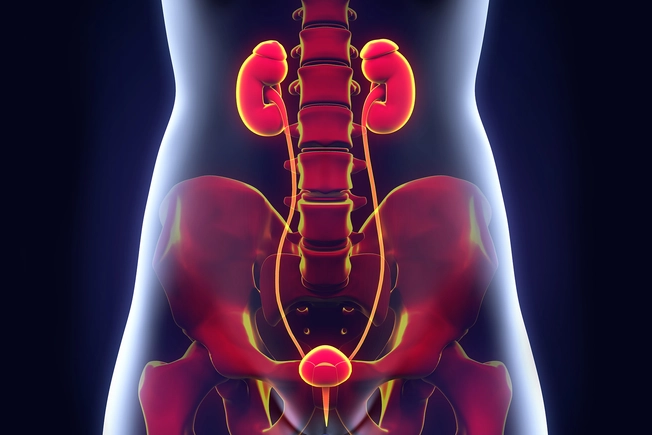
Urinary Tract Infection
2/17
It’s the most common cause of frequent peeing. Bacteria infect your kidneys, bladder, or the tubes that connect them to each other and to the outside world. Your bladder swells and can’t hold as much urine, which may be cloudy, bloody, or strange-smelling. You might also have fever, chills, nausea, and pain in your side or lower belly. Your doctor will likely prescribe antibiotics to get rid of the infection.
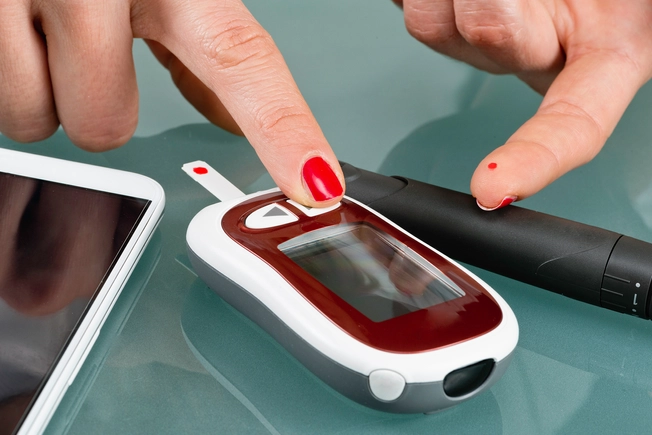
Diabetes (Mellitus)
3/17
Both type 1 and type 2 raise your blood sugar. Your kidneys try to filter it out, but they can’t always keep up. So the sugar ends up in your urine. This draws more water from your body and makes you pee more. The frequent urge to go is one of the first and most common signs of diabetes. Talk to your doctor if you suddenly start to pee more than usual.
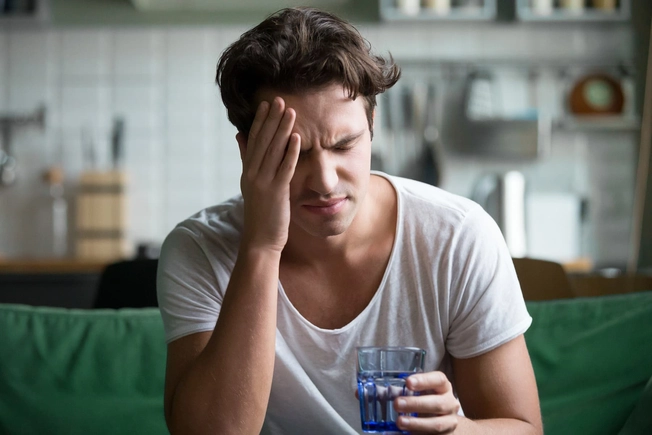
Diabetes Insipidus
4/17
This is a different condition from type 1 or type 2 diabetes. Here, your body can’t use or doesn’t make enough vasopressin, a hormone that normally tells your kidneys to release water into your blood when you need it. You may feel tired, nauseated, confused, and very, very thirsty. You also might pee as much as 15 liters a day, or five times more than normal. Your doctor can help you manage it with medication.
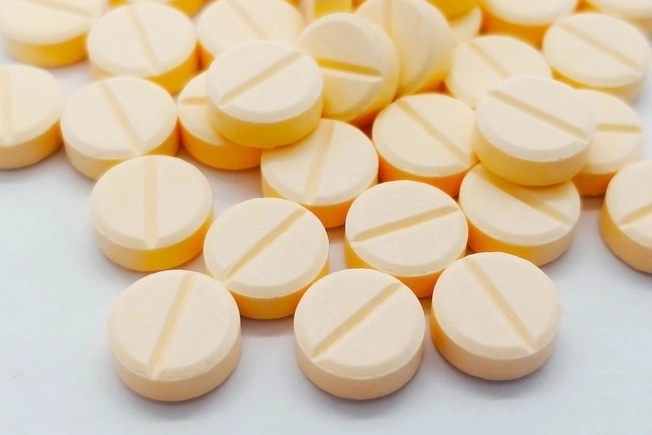
Diuretics
5/17
Also known as water pills, these drugs treat high blood pressure and liver and kidney problems. They make your kidneys release more salt (sodium) into your urine, which makes you pee more. This may cause you to lose too much sodium and potassium, which could be bad for your health. You might be dizzy, achy, and nauseated. Talk to your doctor before you stop or change your dose.
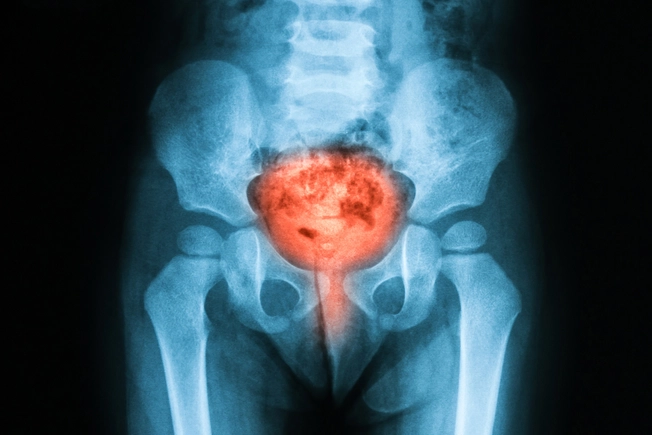
Painful Bladder Syndrome
6/17
You might feel like you have to go all the time, but not much flows out. You also might have pain in your lower belly that gets worse when you pee or have sex. It seems to happen when your bladder tissue gets swollen and very sensitive. It’s not always clear what causes that. You can treat this condition, which is also called interstitial cystitis, with diet and exercise, medication, surgery, and physical therapy.
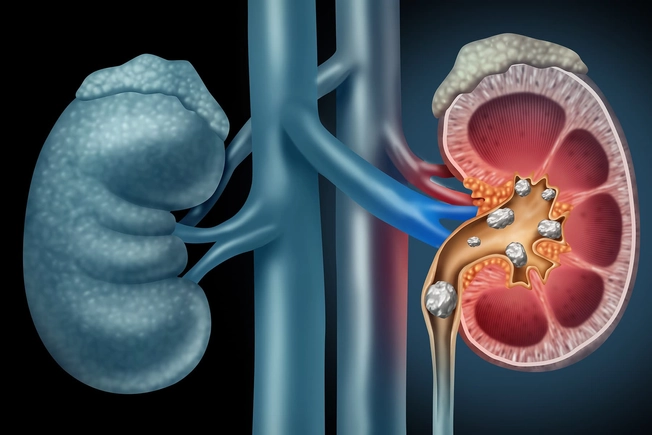
Kidney Stones
7/17
Minerals and salts can form tiny rocks in your kidney. You usually feel like you have to go often but don’t make much pee. You also may have nausea, fever, chills, and serious pain in your side and back that branches down to your groin in waves. Extra weight, dehydration, high-protein diets, and family history make them more likely. The stones might come out on their own, or you might need surgery.
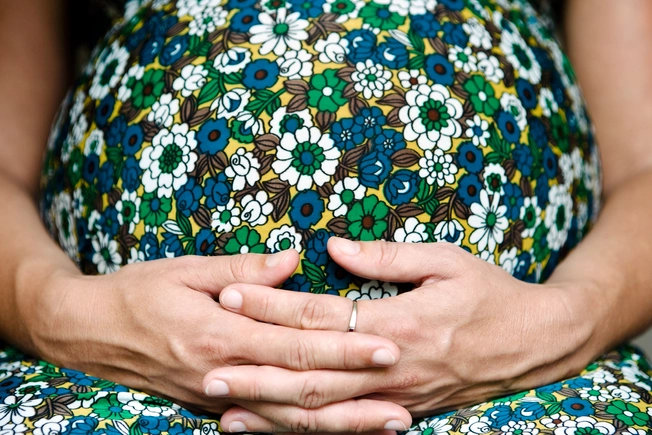
Pregnancy
8/17
As your baby grows in your belly, it takes up more space and pushes on your bladder, which makes you want to go sooner. But even before that, when your baby was an embryo implanted in your uterus, it triggered your body to make a pregnancy hormone called human chorionic gonadotropin that makes you pee more. Talk to your doctor if hurts to pee or you see blood in your urine.
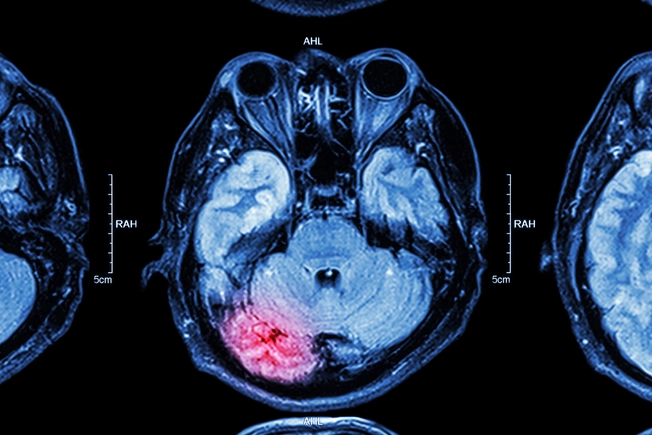
Stroke
9/17
It sometimes damages nerves that control your bladder. You may want to go more often, but you may not pee much. Or you might gush a lot of urine. Parkinson’s, multiple sclerosis, and other brain diseases may have similar effects. Your doctor can help you change your diet and bathroom habits to lessen symptoms. You may need medication or surgery in serious cases.
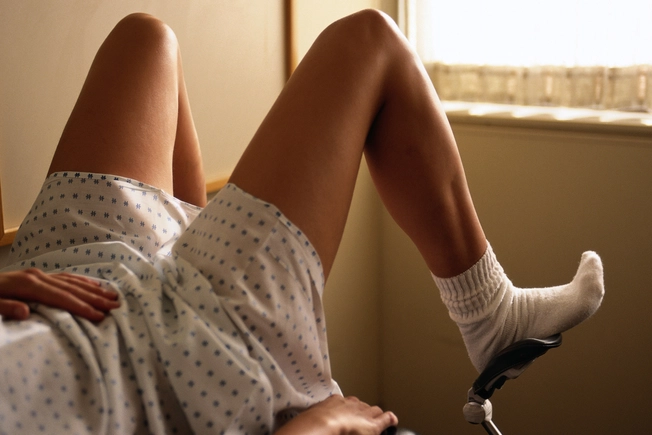
Vaginitis
10/17
It’s when your vagina gets infected and inflamed from yeast, bacteria, viruses, medication, or hormonal changes. It also can happen from chemicals in creams, sprays, or clothes. You may itch or burn when you pee, and hurt during sex. You also might notice a discharge and a smell, and feel like you have to pee more often.
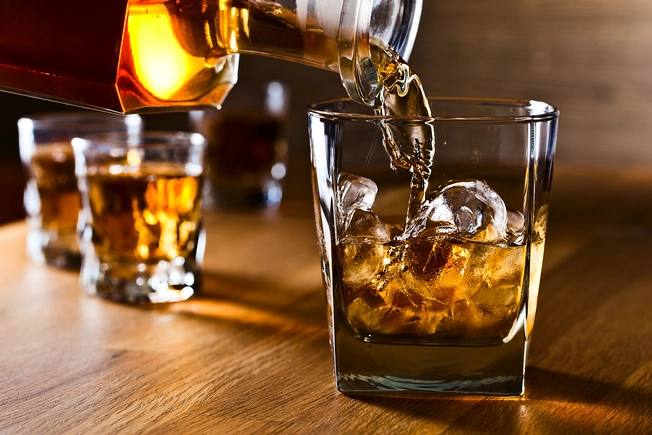
Too Much Alcohol or Caffeine
11/17
They can act as a diuretic and flush more water out of you. They also curb your body’s production of vasopressin, a hormone that normally tells your kidneys to release more water to your body instead of sending it straight to your bladder. It’s a good idea to sip water along with your cocktail, beer, or wine. While the effects of caffeine can be serious, it takes a lot more coffee to have the same effect as alcohol.

Weak Pelvis
12/17
That’s the area of your lower belly. When the muscles get stretched and weak, which may happen in pregnancy and childbirth, the bladder might move out of position. Or your urethra, the tube you pee through, might be stretched out. Both could cause you to leak pee.

Menopause
13/17
This is when a woman stops having their period, around age 50. Your body produces less of the hormone estrogen, and that can make you want to pee more. Your doctor might be able to help with hormone replacement therapy, diet changes, and other treatments.
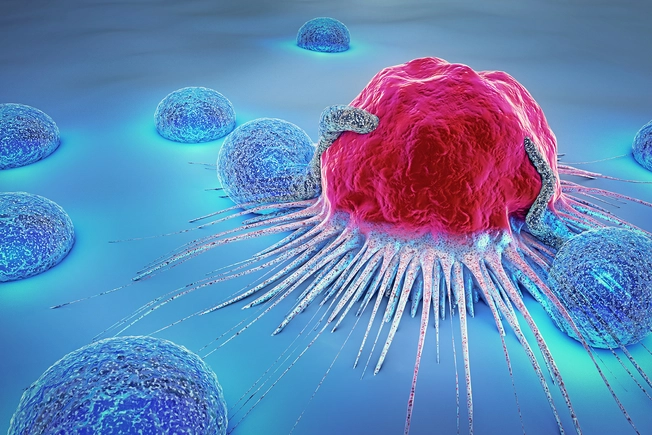
Tumor
14/17
Both cancerous and benign tumors can make you pee more because they take up more space in or around your bladder. Blood in your urine is the most important sign if it’s cancer. Talk to your doctor if you see blood, notice a lump in your lower belly, or find that it hurts to pee.
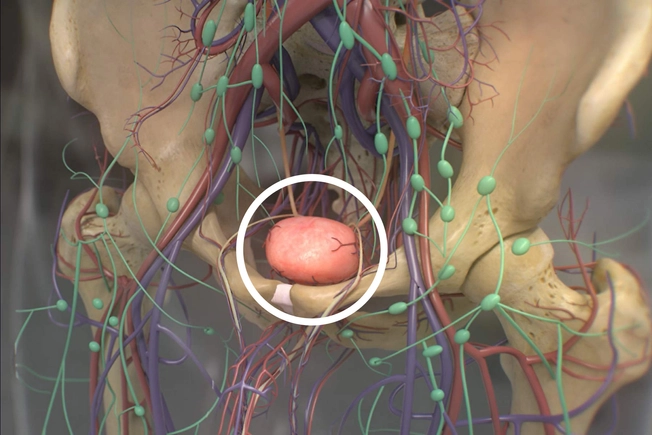
Prostate
15/17
Men have a walnut-sized gland, the prostate, that can grow larger after age 25. An enlarged prostate can make your pee stream feel weak and uneven. You might feel like you have to go more, sometimes urgently. Rarely, this may be a sign of more serious conditions like cancer. Your doctor can help rule out other causes and treat your enlarged prostate.
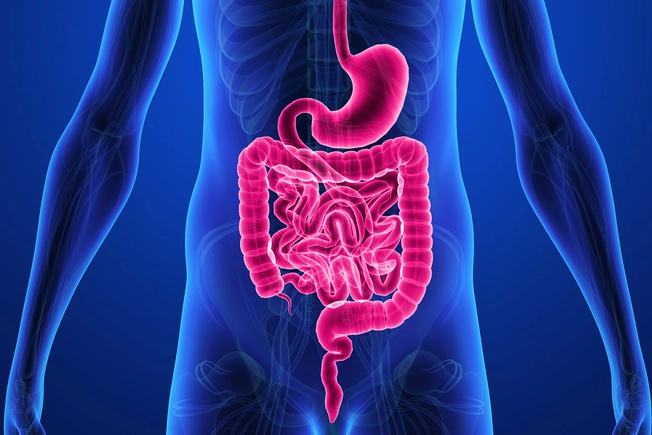
Constipation
16/17
If you haven’t pooped in a while (constipation), your bowel could get so full that it pushes on your bladder and makes you feel like you have to pee more often or really bad. Constipation can add to the problem by weakening your pelvic floor muscles, which help control your bowel and bladder. Talk to your doctor or pharmacist about how to get regular again.
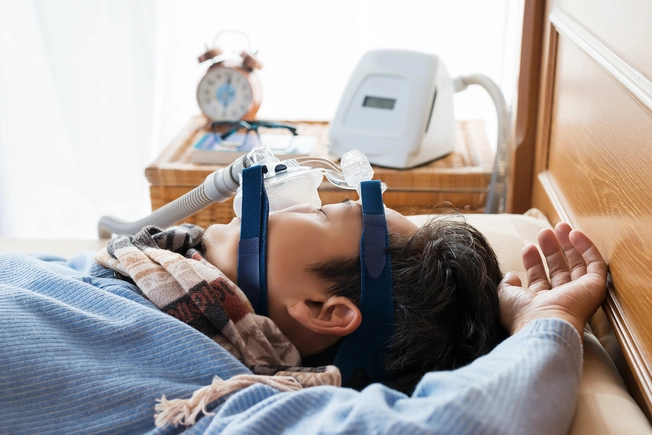
Sleep Apnea
17/17
Sleep apnea interrupts your breathing for brief spells and is associated with more trips to the bathroom in the middle of the night to pee. Nocturia, the condition of waking up to use the bathroom one or more times at night, is far more common in people with obstructive sleep apnea.
Show Sources
IMAGES PROVIDED BY:
- Thinkstock Photos
- Thinkstock Photos
- Thinkstock Photos
- Thinkstock Photos
- Thinkstock Photos
- Thinkstock Photos
- Thinkstock Photos
- Getty Images
- Thinkstock Photos
- Thinkstock Photos
- Thinkstock Photos
- Thinkstock Photos
- Thinkstock Photos
- Thinkstock Photos
- WebMD
- Thinkstock Photos
- Thinkstock Photos
Cleveland Clinic: “Sleep Apnea,” “Bladder Cancer,” “Overactive bladder,” “Vaginitis,” “Pregnancy: Am I Pregnant?” “Urination: Frequent Urination,” “Urinary Tract Infections,” “Interstitial Cystitis (Painful Bladder Syndrome),” “What Your Bladder is Trying to Tell You About Your Health.”
Continence Foundation of Australia: “Constipation.”
Diabetes.co.uk: “Polyuria – Frequent Urination.”
Drinkaware Trust: “Why does alcohol make you pee more?”
Harvard Health Publishing: “4 tips for coping with an enlarged prostate.”
Mayo Clinic: “Kidney Stones,” “Diuretics,” “Diabetes insipidus,” “Water: How much should you drink every day?”
Nutrients: “Contribution of Water from Food and Fluids to Total Water Intake: Analysis of a French and UK Population Surveys.”
Prostate Cancer Foundation: “Prostate Cancer Signs and Symptoms.”
Urology Care Foundation: “When Nerve Damage Causes Bladder Problems: Neurogenic Bladder.”
Sleep Medicine Research: “Relationships between Nocturia, Obstructive Sleep Apnea, and Quality of Sleep.”






